The Consortium for Plant INvasive Genomics #CPING seeks 24 students for 20 labs across 14 states for their 2021 summer research program.
Postdoc - Invasive species herbarium genomics
The Consortium of Plant Invasion Genomics (CPING) invites applications for its postdoctoral researcher fellowship competition. CPING is an NSF-funded project spanning five universities with the joint missions to determine how and why certain plant species become invasive and to train the next generation of botanists to use modern genomic and bioinformatic tools. Specifically, we are reconstructing genomic time series for five focal invasive plant species using herbarium specimens to investigate the roles of colonization history, admixture and adaptation in the invasion process. We also will be hosting genomics bootcamps for professors from EPSCoR regional universities and colleges. This training network will both promote genomics/bioinformatics expertise and create the opportunity for participants to contribute to CPING research projects.
Applicants may apply to work with any Co-PI in the network (see https://www.invasiongenomics.com/participants.html) and can be based at any of the CPING hub institutions including University of Louisiana at Lafayette, West Virginia University, University of Alabama, South Dakota State University and Wichita State University. The successful applicant will focus his/her research efforts on one of the CPING focal invasive species, while having latitude to pursue independent research interests related to CPING projects. The successful applicant will collaborate with other CPING labs to leverage the strength of the network to their advantage. Opportunities for outreach through participation in genomics and bioinformatics bootcamps will also be available.
The optimal candidate would possess:
● PhD in invasion biology, botany, evolutionary biology, ecology, computational biology, or a related field
● Experience constructing genomic libraries
● Experience working with herbaria or other natural history collections
● Experience in bioinformatics (working in a Unix environment, genome assembly, phylogenomic or population genomic analyses)
● Experience coding in R, python, Perl, or another computing language
● Experience researching polyploid species
● Desire and propensity to teach genomics and bioinformatics to all levels of trainees
● Excellent communication and organization skills.
The initial appointment is for one year with the opportunity to extend up to three years. Support includes a competitive salary and a benefits package including retirement and health care. A stipend for independent research ($5,000/year) is also included.
Informal inquiries about the position can be sent to any hub co-PI, and we encourage applicants to contact potential mentors prior to applying. Formal applications can be filled out at https://louisiana.csod.com/ats/careersite/JobDetails.aspx?site=1&id=1050. Please include your CV, contact information for 3 references, and a 2-3 page research statement that outlines previous and current research, as well a brief statement about future directions. References will only be contacted for applicants on the short list. Review of applications begins on April 1 and continues until the position is filled. Start date is flexible, but funding is available immediately.
Both CPING and University of Louisiana at Lafayette are Equal Opportunity Employers and all qualified applicants will receive consideration for employment without regard to age, race, color, religion, sex, sexual orientation, gender identity or expression, national origin, disability status, protected veteran status, or any other characteristic protected by law.
